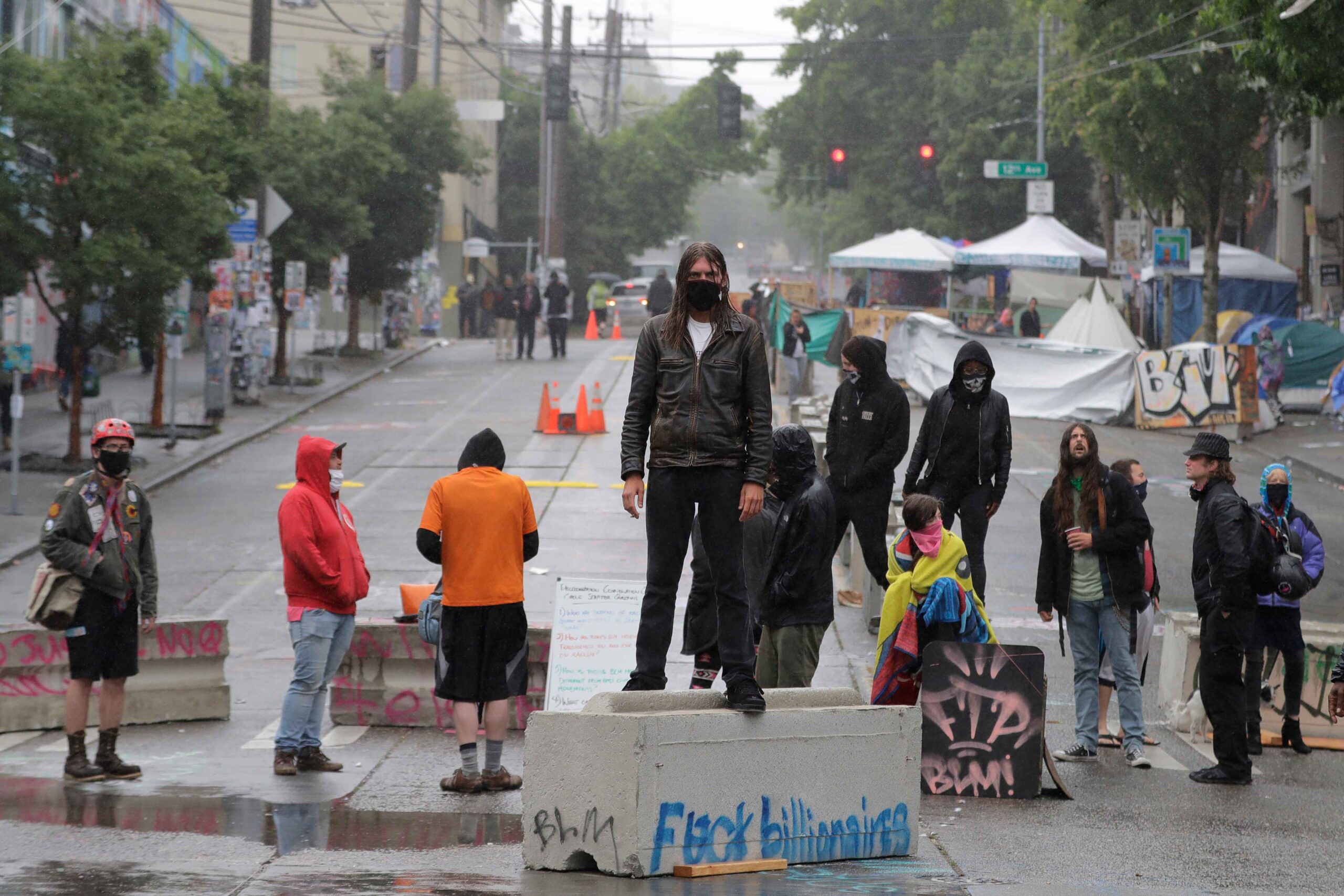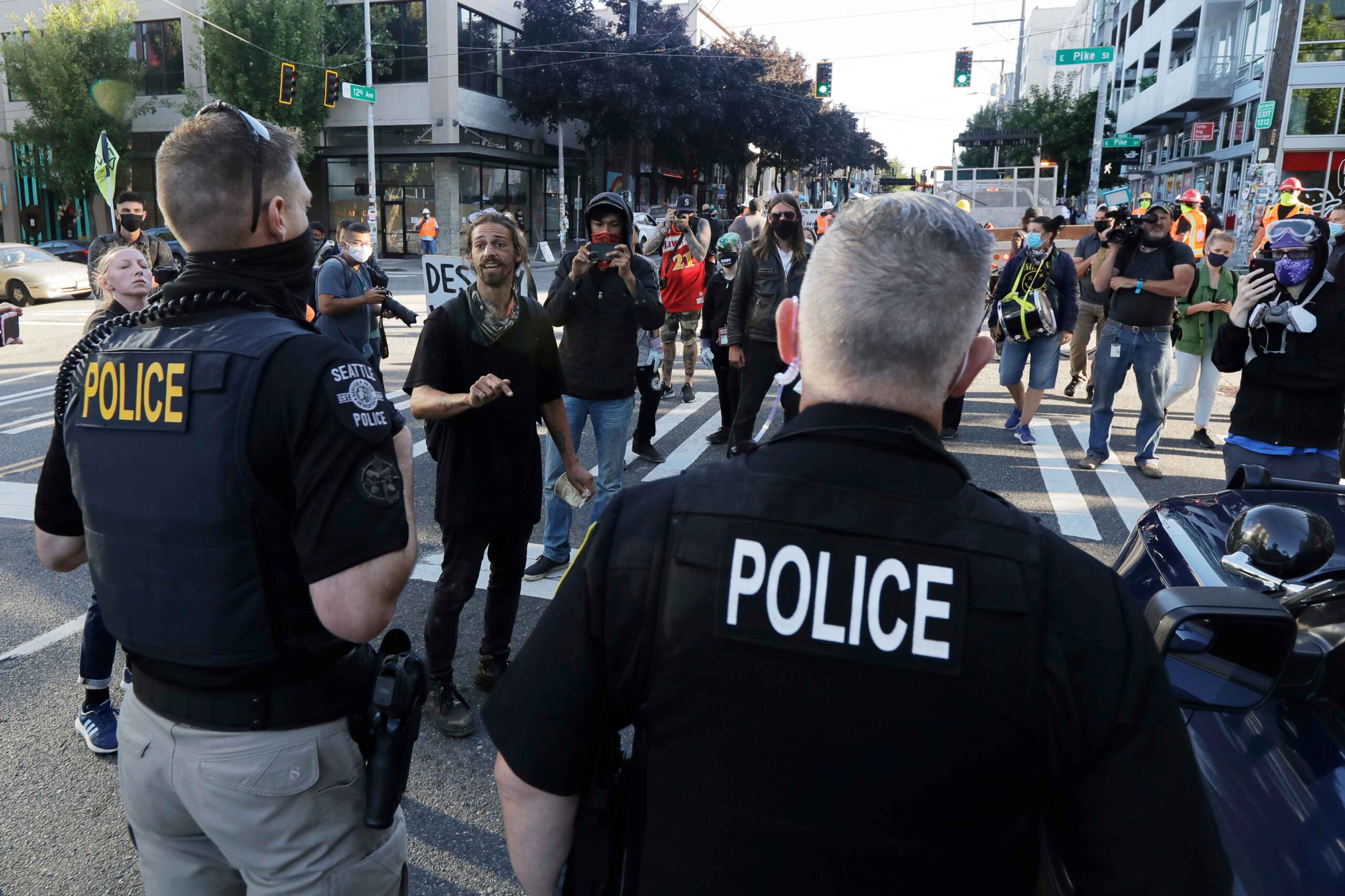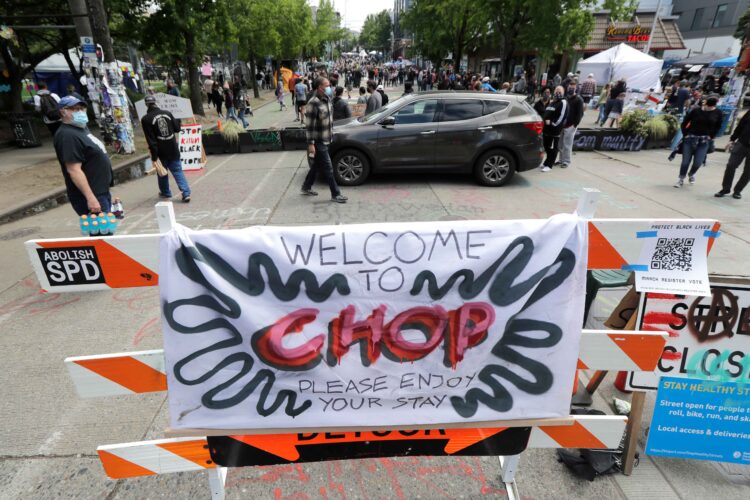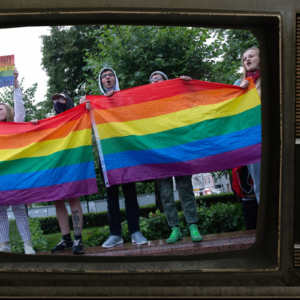A community garden established in Seattle’s Cal Anderson Park in honor of the Black Lives Matter movement was closed on Wednesday after city officials deemed it a public health risk.
The makeshift garden, built as a “communal reparations effort” by radical leftist protesters in the so-called Capitol Hill Autonomous Zone (CHAZ) in 2020, quickly became a rodent-infested homeless encampment — and after four years, the city has finally had enough.

The CHAZ, also known as the Capitol Hill Organized Protest (CHOP) and Free Capitol Hill, was a six-block area of Seattle taken over by racial justice activists and ANTIFA members in June 2020, at the height of the George Floyd riots. After successfully ousting the Seattle Police Department from the Eastern Precinct, protesters barricaded the streets and announced their secession from Seattle and the United States.
Then-President Donald Trump denounced the occupation as an anarchist takeover, but city Mayor Jenny Durkan declared the event a new “summer of love.”
After nearly a month of clashes with police and violent crimes including robberies, rapes, and at least one murder inflicted on the zone’s residents, local authorities were finally forced to act. The zone was dismantled on July 1, 2020.
Learn the benefits of becoming a Valuetainment Member and subscribe today!
During the early days of the occupation — right after the local homeless population raided the activists’ small supply of food — protesters attempted to establish a garden in Cal Anderson Park to create a self-sustaining community. Patches of dirt were dug up six feet apart to maintain pandemic-era social distancing, topsoil was dumped on the ground, and people were encouraged to plant their own fruits and vegetables.
After the CHAZ was dismantled, the Black Lives Matter Memorial Garden remained in place in honor of “Black and indigenous people killed by police violence.” However, according to Seattle’s Parks and Recreation Department, the garden has posed a constant threat to public health and safety.
“In recent months, the temporary garden has created unsafe conditions for all park users, including the vandalism of Cal Anderson public bathrooms, public drug use, unauthorized camping, and a significant rodent problem, along with other issues,” read a statement from the city.

Seattle’s Unified Care Team has also been forced to clear out homeless tent encampments around the garden 76 times this year alone, making it the most frequently addressed area in the entire city.
“Cal Anderson Park is the living room of Capitol Hill and a focal point of our city,” said incoming Seattle City Councilor Joy Hollingsworth. “It’s important that we prioritize sanitary conditions within shared public spaces so that our neighborhoods can continue to flourish.”
Efforts to remove the garden earlier this year were delayed by a petition from Black Star Farmers, the activist group that oversees the garden, which claimed that the space was an important community institution.
Even so, other racial activist groups have argued that the garden falls well short of accomplishing its purpose, with the president of the Seattle NAACP saying “the Black community is unaware of the existence of the garden, and the garden does not represent any meaningful sense, the vast number of Black lives extinguished by police violence.”
The garden was bulldozed and cleared with construction equipment under police supervision on Wednesday morning, according to The Seattle Times.
CITY CRUSHES BLM GARDEN: Early Wednesday morning, city crews swooped in to find the homeless asleep and moved in with bulldozers and cops. By the time the FAR-LEFT activists realized what was happening, it was too late to call in their comrades for reinforcements. Bottom line,… pic.twitter.com/2zWR0CmGBY
— Jonathan Choe Journalist (Seattle) (@choeshow) December 28, 2023


















Add comment